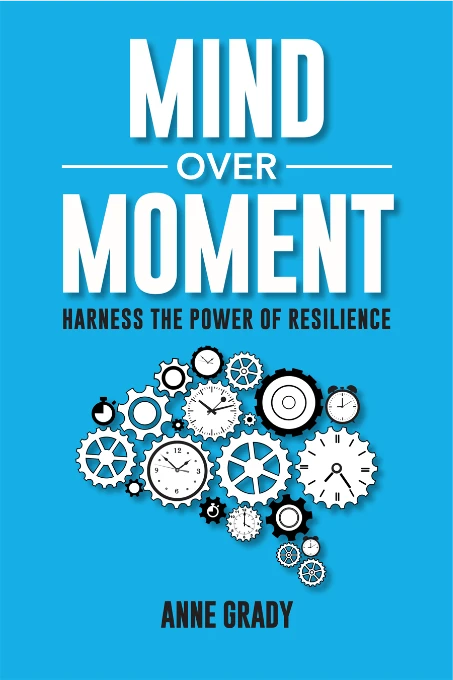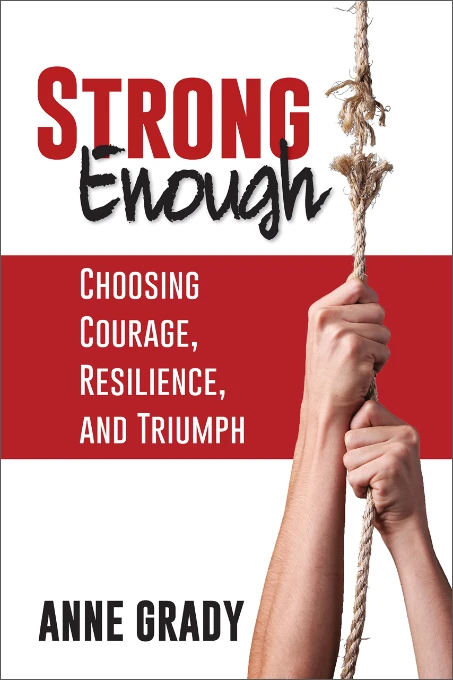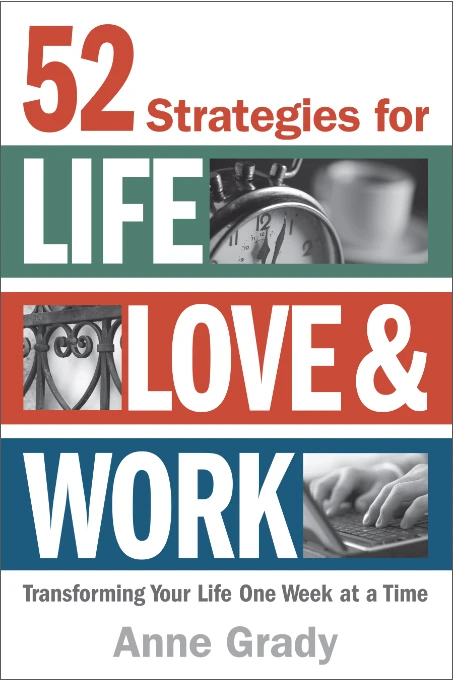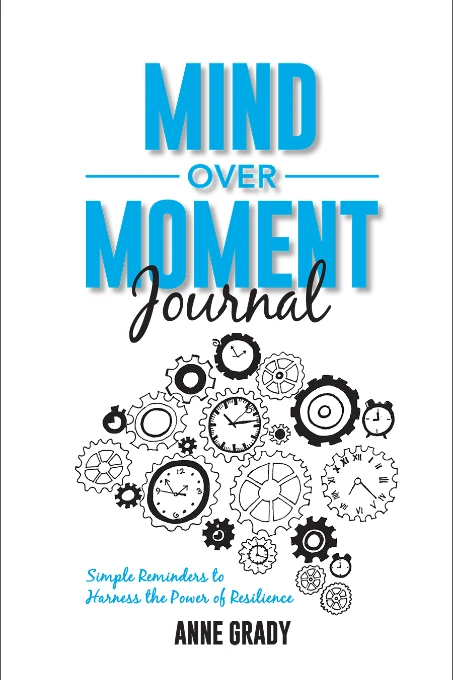Be Where You Are When You’re There
Be Where You Are When You're There
Be Where You Are When You’re There
How many times do you catch yourself not being present?
Research shows we spend almost half of our time thinking about something other than what we are doing. And according to another study, 86% of smartphone users check their phones while talking with others.
About this time last year, I was on a plane getting ready to take off when the woman sitting next to me got a phone call. She answered and started FaceTiming with her two kids – loudly. Everybody within 10 rows could hear her conversation, some of them started looking annoyed, and I caught myself feeling the same way.
But then, as I listened to her conversation (because it was impossible not to) I realized she was completely focused on her kids. She said, “So tell me about your teacher.” And one of her kids replied: “She’s great, I really like her,” to which the mom responded, “Tell me why.”
People were getting annoyed with her because she was so loud, but I started thinking about how awesome it was that she cared about her kids’ day so much. She wasn’t just saying “uh-huh” like parents often do; she was genuinely curious. I realized I want to have more conversations like that (maybe just not that loudly while on an airplane).
So how can you be less “busy” and distracted and more present and focused in your relationships?
Here are 3 strategies to get started:
1. Grow your attention muscle with mindfulness.
Mindfulness simply means paying attention on purpose. Practicing mindfulness allows you to increase the grey matter density in your brain responsible for attention, focus, and emotional regulation. Studies show people who meditate in their 40s and 50s have the same grey matter density as people in their 20s and 30s. I realize this sounds simple, and for a long time, I thought it was hokey. What you are really doing is training your brain to control your attention, and remember, what you practice grows stronger. The goal of mindfulness is to bring yourself back to the present moment.
2. Make time for what matters.
As someone who is very career and goal-oriented, I have had to learn a very important lesson: Your eulogy and resume should not be the same thing. No one is going to stand over your grave and say, “She worked 80 hours a week. Hell yeah!” Building resilience requires that we take time to stop and pre-determine how we are going to invest our time. Invest is the operative word. Time is one of the few resources you can’t get back or make more of. Everyone has the same 86,400 seconds in a day, and if you aren’t deliberate about how you spend those moments, they will get filled with whatever is screaming the loudest for your attention.
What and who are your most important priorities? Does the way you spend your time reflect that?
3. Be where you are when you’re there.
We have a finite amount of attention, so it is important to be deliberate about where we focus it. Unfortunately, we tend to do the opposite. The entire basis for my book, Mind Over Moment: Harness the Power of Resilience, is the concept of being present. When you are truly present, you are both productive and engaged – focused on accomplishing the tasks before you and building and strengthening relationships. While it may be tempting to knock out an email at a red light or respond to that text while having a meal with a friend, practice being present. The more often you practice, the easier it gets. Because the truth is, you can decide how you want to live through every moment of your life. You make time for what’s most important to you.
When we practice these habits, beliefs, and behaviors, we empower ourselves to get beyond the moments that urgently trigger our brain to react; we allow ourselves to stop, take charge of our thoughts in the moment, and actually train our minds to be more resilient.
Stay brave and resilient,
Anne
Subscribe to Anne's Resilience Reset Email!
Anne breaks down the daily habits and skills needed to grow and cultivate RESILIENCE.
If you can’t say something nice, don’t say anything at all.
Most of us are taught this simple lesson when we are kids. Unfortunately, it is not always practiced once we are adults. The human tendency to attribute our behavior to our intent and others’ behaviors to the type of person they are is referred to as the fundamental attribution error. Someone runs a stop sign, and we think they are a jerk. We run a stop sign and “oops”.
Regardless of our intentions, people only know what they see through our actions, and we only know what we see through the actions of others. In between our intentions and our actions lies a chasm.
How do you bridge the gap between intentions and actions? Try the following strategies 👆👆

Anne Grady is a Speaker, Author, and #TruthBomb Dropper.
Anne shares practical strategies that can be applied both personally and professionally to improve relationships, navigate change, and triumph over adversity. And she’ll make you laugh while she does it. Anne is a two time TEDx speaker, and her work has been featured in numerous media outlets, including Harvard Business Review, Entrepreneur, Forbes, Fast Company and Inc. magazines, CNN, ESPN, and FOX Business. She is the best selling author of 3 books. Her newest, Mind Over Moment: Harness the Power of Resilience, is available on Amazon now.
MAIN OFFICE
(512) 821-1111
BILLING & MAILING ADDRESS
P.O. BOX 5815 | ROUND ROCK, TEXAS | 78683
Be Where You Are When You’re There
Be Where You Are When You're There
Be Where You Are When You’re There
Subscribe to Anne's #RoutineResilience Email!
Anne breaks down the daily habits and skills needed to grow and cultivate RESILIENCE.
If you can’t say something nice, don’t say anything at all.
Most of us are taught this simple lesson when we are kids. Unfortunately, it is not always practiced once we are adults. The human tendency to attribute our behavior to our intent and others’ behaviors to the type of person they are is referred to as the fundamental attribution error. Someone runs a stop sign, and we think they are a jerk. We run a stop sign and “oops”.
Regardless of our intentions, people only know what they see through our actions, and we only know what we see through the actions of others. In between our intentions and our actions lies a chasm.
How do you bridge the gap between intentions and actions? Try the following strategies 👆👆

Anne Grady is a Speaker, Author, and #TruthBomb Dropper.
Anne shares practical strategies that can be applied both personally and professionally to improve relationships, navigate change, and triumph over adversity. And she’ll make you laugh while she does it. Anne is a two time TEDx speaker, and her work has been featured in numerous media outlets, including Harvard Business Review, Entrepreneur, Forbes, Fast Company and Inc. magazines, CNN, ESPN, and FOX Business. She is the best selling author of 52 Strategies for Life, Love & Work and Strong Enough: Choosing Courage, Resilience and Triumph.





